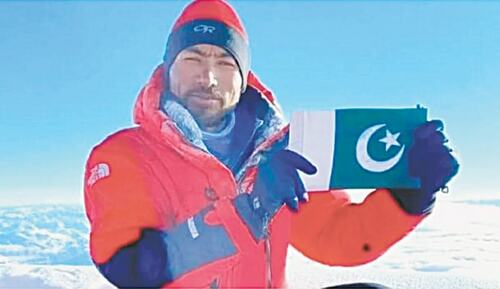THIS is with reference to your editorial ‘A road map for Afghanistan’ (Feb 9).
For a while now anything less than a military action by Pakistan against Taliban active in Afghanistan has been viewed with deep suspicion even from within Pakistan, inviting descriptions such as “running with the hare and hunting with the hound”, and “strategic depth or death”.
It has been common to sneer at any explanations for such a perceived lack of action and to instead put it to the Pakistani establishment protecting its leverage in Afghanistan. However, a degree of civilian ownership of the security policies showed when the PM Nawaz Sharif stated at the UN: “You can’t expect us to bring them to table and ask us to kill them simultaneously.” This perception of civil-military convergence further grew when the PM and the COAS jointly visited Saudi royalty to pose a unity of thought and action on the evolving situation in the Middle East.
However, while remaining cautious, the editorial wisely implies that brokering peace in Afghanistan is a murky business, and so long as the ultimate objective is right, cynicism on fine details can wait. Such an endorsement by a high profile media house, which has traditionally criticised state policies, bodes well for shaping a well-rounded discourse on matters of national and regional security. All the same, for such confidence to further grow, it is essential to institutionalise the exchange of ideas between the important pillars of the state with a view to evolving a national understanding.
In this information age, where the boundaries between specialisations are increasingly diffusing, a lack of formal expertise in the domain under discussion is no longer enough to shut out an uncomfortable question; instead, communication skills are now paramount to turn the perceived ‘foreign agents’ - who ask difficult questions - into vehicles for promoting a jointly evolved understanding.
A joint and sustained effort is therefore needed by all concerned to remove the schisms that only make us ideologically vulnerable. However, for that to happen, we have to get out of our comfort zones at all levels.
Dr Raja Muhammad Atif Azad
University of Limerick, Ireland
Published in Dawn, February 13th, 2016











































Dear visitor, the comments section is undergoing an overhaul and will return soon.